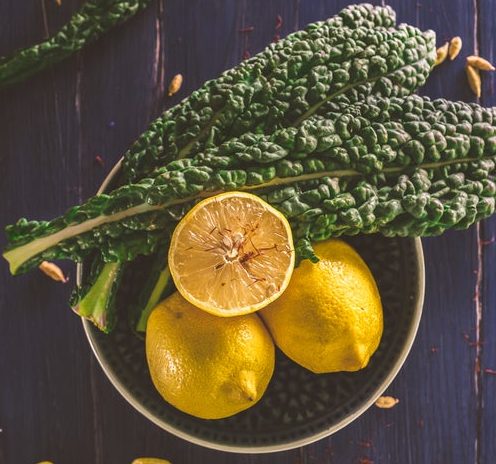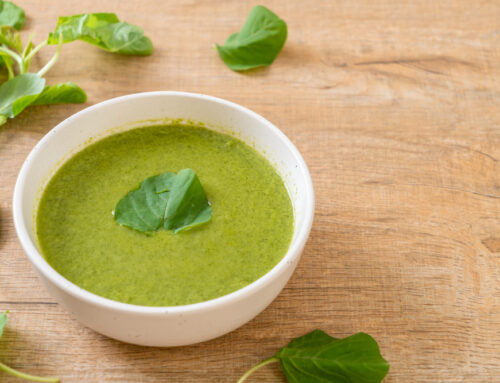[/fusion_builder_row][/fusion_builder_container]
By Dr. Keara Taylor, ND
Detox, cleanse, reset – these are words that frequently pop up at this time of year. Are you curious about what a detox actually is and whether it is appropriate for you?
First of all, detoxification is a metabolic process that the body undergoes to clear out toxins; those created within the body (endogenous toxins) and those coming from outside of the body (exogenous toxins). The process includes mobilization, biotransformation, and ultimately the elimination of these substances. Many of our organs are involved in this process, including the skin, liver, kidneys and intestines. The liver is where phase I and phase II detoxification occurs, which is essentially the biotransformation of toxins so they can be eliminated safely from the body through the intestines and kidneys. Phase I and Phase II detoxification require specific nutrients in order to occur, for example, B vitamins and antioxidants like vitamin C, vitamin E, CoQ10 and bioflavonoids, as well as nutrients like glutamine and N-acetyl-cysteine.
You might be wondering, if our body is constantly undergoing the process of detoxification, is it necessary to undergo a formal “detox”? The issue here is that we are exposed to many more chemicals and toxins than our genetics were designed to handle. The Environmental Working Group found 287 different chemicals in the umbilical cord blood of newborns. Some of these chemicals are known to be toxic to the brain and nervous system, and some have even been found to be carcinogenic in animal and human studies (1). This highlights why our detoxification pathways can become overburdened, and why it is important to provide our body with the nutrients to support the detoxification process.
As a Naturopathic Doctor, I believe in the body’s ability to heal, given the right environment. The most effective way to set our bodies up for success is by incorporating dietary and lifestyle practices that support our detoxification pathways on a daily basis, as well as more in-depth practices that can be undertaken on a seasonal basis in order to provide the body’s detoxification pathways with more support.
Here are 3 things that you can safely add to your routine in order to support detoxification on a daily basis:
- Increase hydration with water and herbal teas. Since the kidneys help to flush out toxins from the body, it is important to maintain adequate hydration. Drinking nutrient-rich teas like milk thistle and dandelion root can help to support liver and kidney function(2)(3).
- Eat more fiber. Fiber helps to improve elimination through the intestines, which is the final step of the detoxification process. Dietary fiber has also been found to benefit the liver through its effect on glucose metabolism and bile acids(4). In addition to increasing your vegetable and fruit intake, flax and chia seeds are great sources of fiber to add to smoothies, oatmeal bowls or healthy baked goods.
- Sweat. Sweating through the skin is another route of excreting toxins from the body. Engage in high intensity interval training (HIIT), hot yoga, go for a run, or just try any exercise that will increase your heart rate and get you sweating.
If you want to learn more about how to support your body’s detoxification process, as well as how to safely undergo a more structured detox, join us for a FREE presentation on Thursday, April 25th, 2019 at 6:30pm.
References:
- Body Burden: The Pollution in Newborns
[Internet]. EWG. [cited 2019 Mar 31]. Available from: https://www.ewg.org/research/body-burden-pollution-newborns






